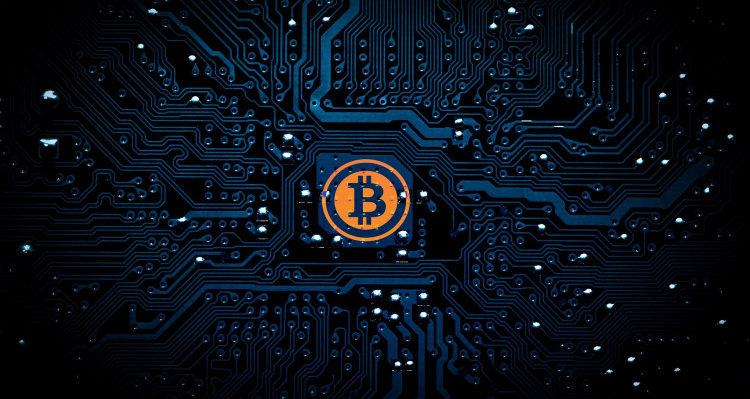
Photo Credit: Google Images
In the current version of social media, a handful of powerful Silicon Valley companies largely control what you see, how your data is shared, and how social media content is monetized. This system is very centralized, and has led to several large companies – think Google and Facebook – becoming very powerful and very profitable.
In response to this system, decentralized social networks are starting to appear. These decentralized networks put an emphasis on free speech and censorship resistance, the ability of users to control their own data and content, and complete transparency over what is happening behind the scenes of a network. As a result, you can think of these decentralized networks as being a very radical change to the current social media system.
Pros
In many ways, these decentralized social networks build on innovative work being done in the blockchain and crypto industry. For example, using blockchain technology, it is possible to build a completely decentralized system where no one authority has the ability to control what happens. Think about Bitcoin – no one person or authority can control the Bitcoin blockchain, which is completely decentralized.
There are many features that are made possible with blockchain technology, such as smart contracts (tiny pieces of executable computer code), new consent mechanisms for determining which content gets published, new ways to monetize content (such as by issuing crypto tokens), and secure user authentication (via public and private cryptographic keys).
This might sound like a lot of crypto mumbo-jumbo, but each of these features has very profound implications for what social media will look like in the future. For example, the new way to monetize content in the future might be payment via crypto tokens, rather than via advertising. Based on the quality and depth of your content, you would receive crypto tokens from the social network. Some decentralized social networks, such as Steemit, have tried this system of monetizing content, with varying degrees of success.
Cons
While decentralized social networks might sound great from a theoretical perspective, there are several good reasons why they have never acquired large user bases. For one, they are often complex to use and understand, and this creates a barrier to adoption. The average person does not want to be worrying about cryptographic keys every time they decide to post new content.
Moreover, many of the early decentralized networks had very limited functionality, making them feel much more like blogging platforms rather than true social media platforms. And, finally, there’s a tremendous amount of volatility in the crypto world and that directly impacts the value of crypto tokens. Imagine working for months as a social media publisher, building up an impressive stash of crypto tokens, and then finding out that the value of these crypto tokens had fallen to zero nearly overnight!
Next steps in the social media future
Obviously, a big question is whether it is best to build these decentralized social networks from scratch, or whether it is better to convert traditional social media networks into these decentralized networks. Elon Musk, for example, has hinted at a much more decentralized future for Twitter. And before him, Jack Dorsey of Twitter said it was a priority for the company to embrace innovations from the blockchain and crypto world.
So keep an eye on what’s happening with decentralized social media networks. They might just be the key to transitioning from a Web 2.0 world dominated by Big Tech to a new Web 3.0 world dominated by everyday internet users just like you and me.